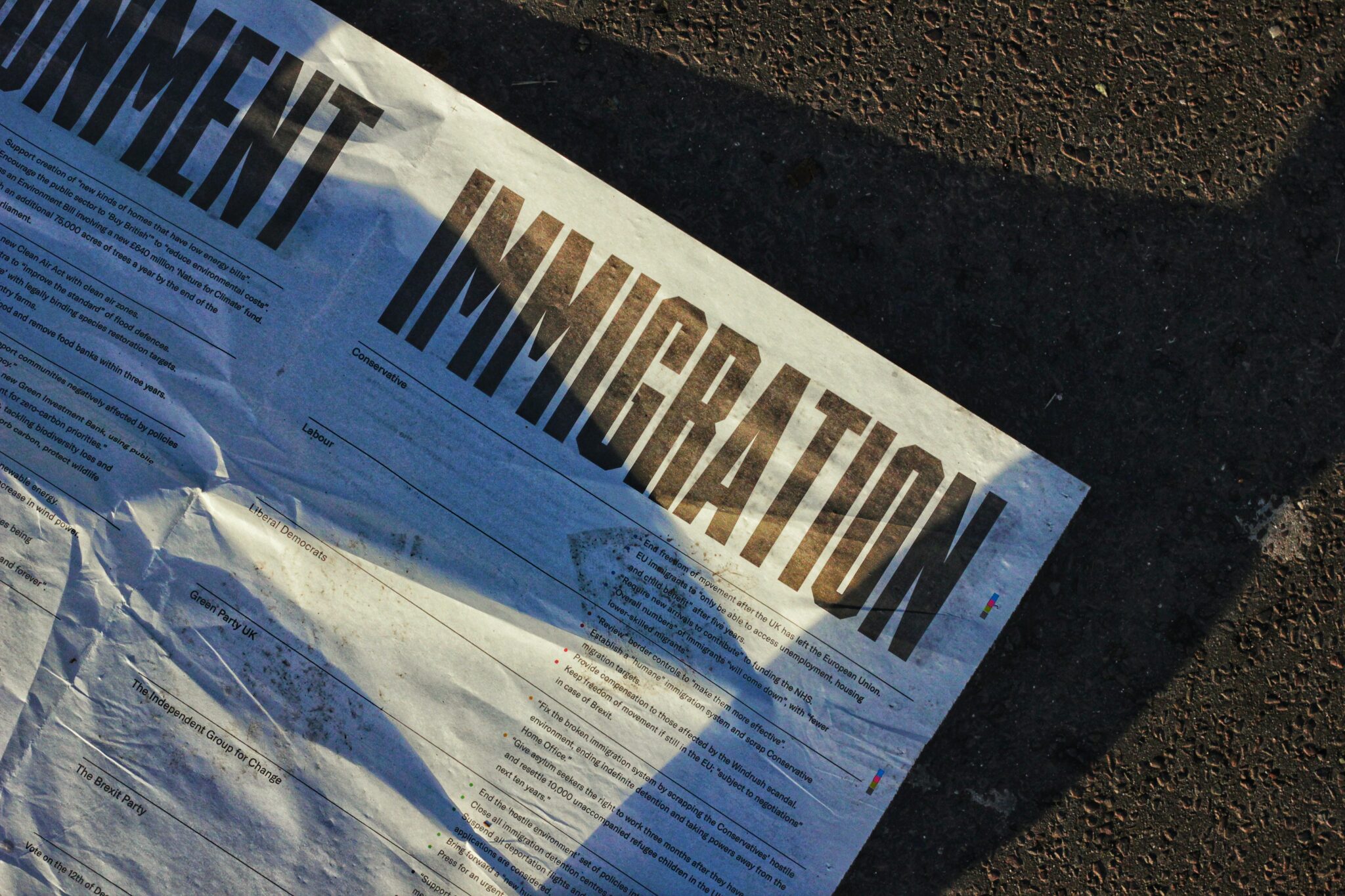
Holt McKeithan is a student at Harvard Law School.
In today’s News & Commentary, how unions can defend immigrant workers in the face of ICE raids, Utah Republicans advance a restrictive labor law, and how to use state and local funds to build worker power.
The Trump administration has begun aggressively raiding worksites to find and deport undocumented immigrants. Based on a survey of collective bargaining agreements compiled by unions and labor activists, Labor Notes released suggestions for defending immigrant workers in union contracts. Suggested provisions include requiring employers to ensure ICE complies with legal requirements before entering the worksite, informing employees if ICE has issued a subpoena for a search to the employer, allowing 90-day absences from work for employees to gain extensions or continuations of lawful residence status, protecting private employee information like immigration status, and more.
Republicans in Utah advanced a bill that would ban collective bargaining for all public sector workers in the state. Teachers see the bill as a direct political attack. ““The harm of the bill will be borne by public school educators living and working in every single legislative district,” said Sara Jones of the Utah Education Association. “It sends a message that educators don’t deserve a collective voice in their profession, don’t deserve input on their salaries or working conditions or benefits, or don’t deserve a say in the policies that impact their classrooms.”
The bill advanced out of the state house committee. It would place Utah alongside North and South Carolina, the two most restrictive states for public sector unions.
Demos has released a report on using state and local funding to build worker power. It highlights ways governments can work within the so-called “market participant” exception to broad federal preemption of state labor regulation, in which a government may impose labor conditions on recipients of public funding, rather than acting as a direct regulator. It suggests a focus on pro-worker provisions in project labor agreements in the construction industry, labor peace agreements in other industries, and community benefits agreements for publicly funded projects.






Daily News & Commentary
Start your day with our roundup of the latest labor developments. See all
January 15
New investigation into the Secretary of Labor; New Jersey bill to protect child content creators; NIOSH reinstates hundreds of employees.
January 14
The Supreme Court will not review its opt-in test in ADEA cases in an age discrimination and federal wage law violation case; the Fifth Circuit rules that a jury will determine whether Enterprise Products unfairly terminated a Black truck driver; and an employee at Berry Global Inc. will receive a trial after being fired for requesting medical leave for a disability-related injury.
January 13
15,000 New York City nurses go on strike; First Circuit rules against ferry employees challenging a COVID-19 vaccine mandate; New York lawmakers propose amendments to Trapped at Work Act.
January 12
Changes to EEOC voting procedures; workers tell SCOTUS to pass on collective action cases; Mamdani's plans for NYC wages.
January 11
Colorado unions revive push for pro-organizing bill, December’s jobs report shows an economic slowdown, and the NLRB begins handing down new decisions
January 9
TPS cancellation litigation updates; NFL appeals Second Circuit decision to SCOTUS; EEOC wins retaliation claim; Mamdani taps seasoned worker advocates to join him.